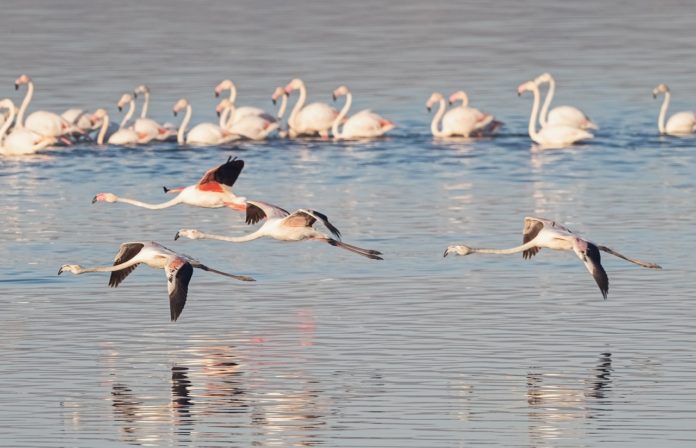New Delhi (NVI): Today is the World Migratory Bird Day but in view of COVID-19 pandemic this year, you may celebrate while staying at home.
The day is celebrated to raise awareness of migratory birds and the need for international cooperation to conserve them.
On this day, each year a variety of events are held to raise awareness. Various bird watching events too are held for bird enthusiasts. But, this year such events have been cancelled due to pandemic.
The theme of World Migratory Bird Day “Birds Connect Our World” reflects the importance of conserving the integrity of ecosystems that support the natural cycles essential for the survival and well-being of migratory birds.
It also underlines the fact that migratory birds depend on a network of sites along their migration routes for breeding, feeding, resting and overwintering.
The day was first observed in 2006 after the Secretariat of Convention on the Conservation of Migratory Species of Wild Animals and the Secretariat of Agreement on the Conversation of African-Eurasian Migratory Waterbirds (AEWA) came up with a proposal.
The COVID-19 lockdown seems to be a blessing for nature. Every year, migratory birds, especially flamingoes flock to certain parts of Mumbai during the summer.
However, it has been reported that there is a significant rise in the number of flamingos that arrived in Mumbai this year.
All of these birds are vulnerable to the effects of climate change. As global warming is affecting the breeding areas of wading birds, and even their eating habits.
Apart from this, United Nations Educational, Scientific and Cultural Organization (UNESCO) also work hard to support member states and natural World Heritage sites to assess climate vulnerability and plan climate adaptation initiatives.
Earlier this year, during the 2020 international waterbird census, Banc d’Arguin National Park (Mauritania) broke all records, with a surprising count of 1.7 million waterbirds, as per UNESCO reports.
If birds are healthier and encounter less impacts from human activities, they will be able to cope with the changing conditions. The more we protect our natural world, the more we all benefit, it added.








